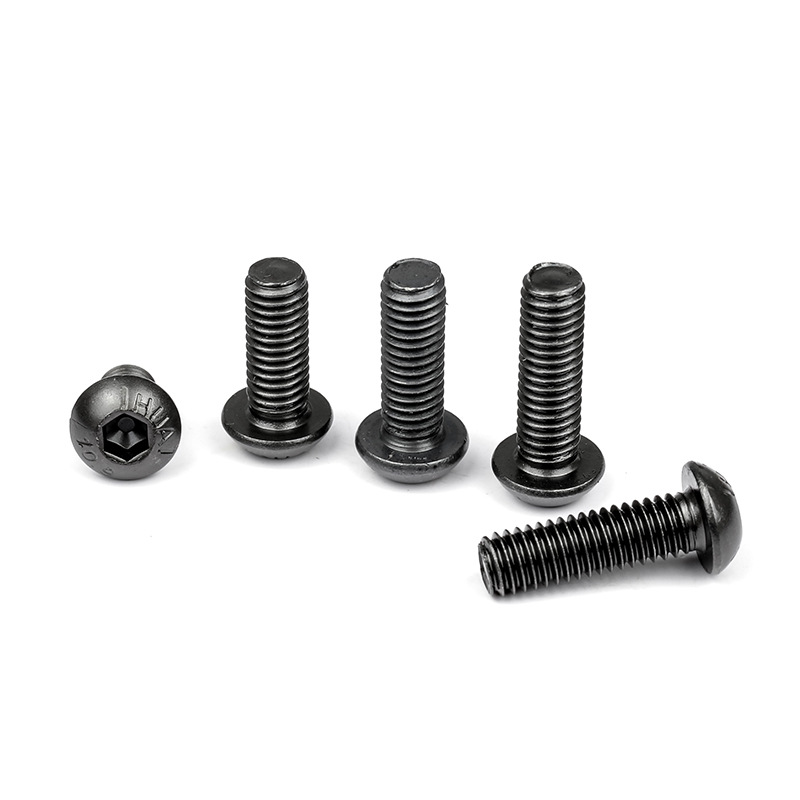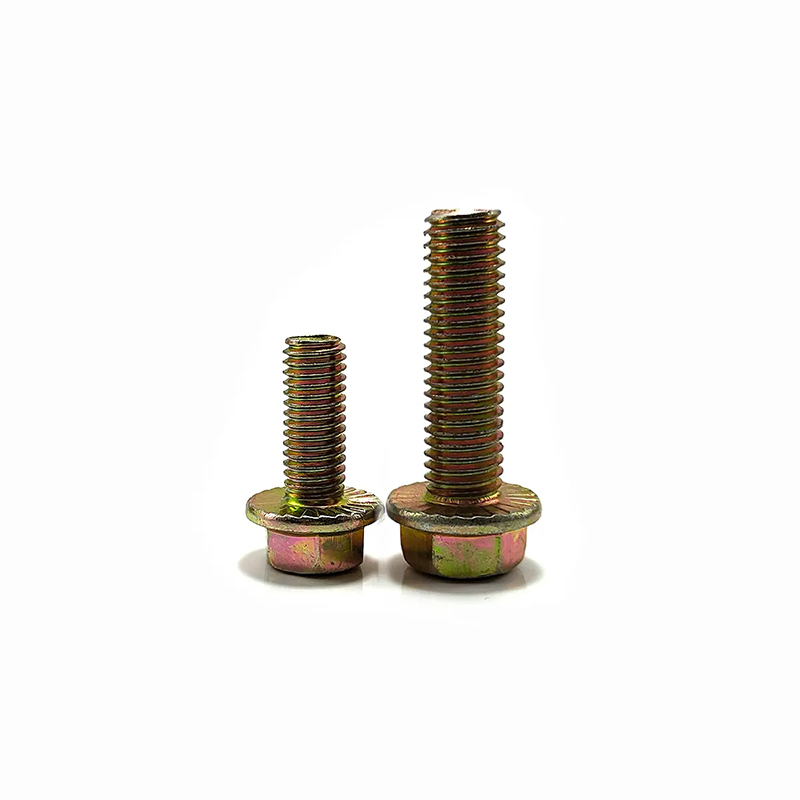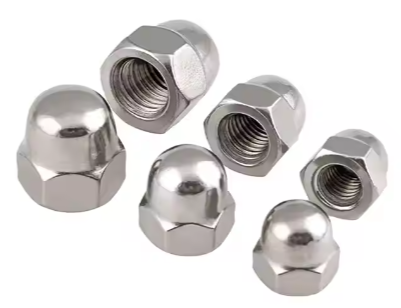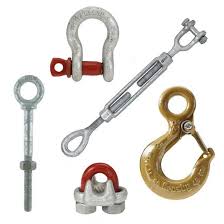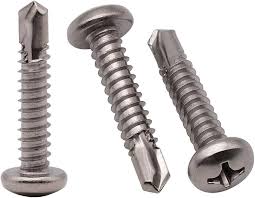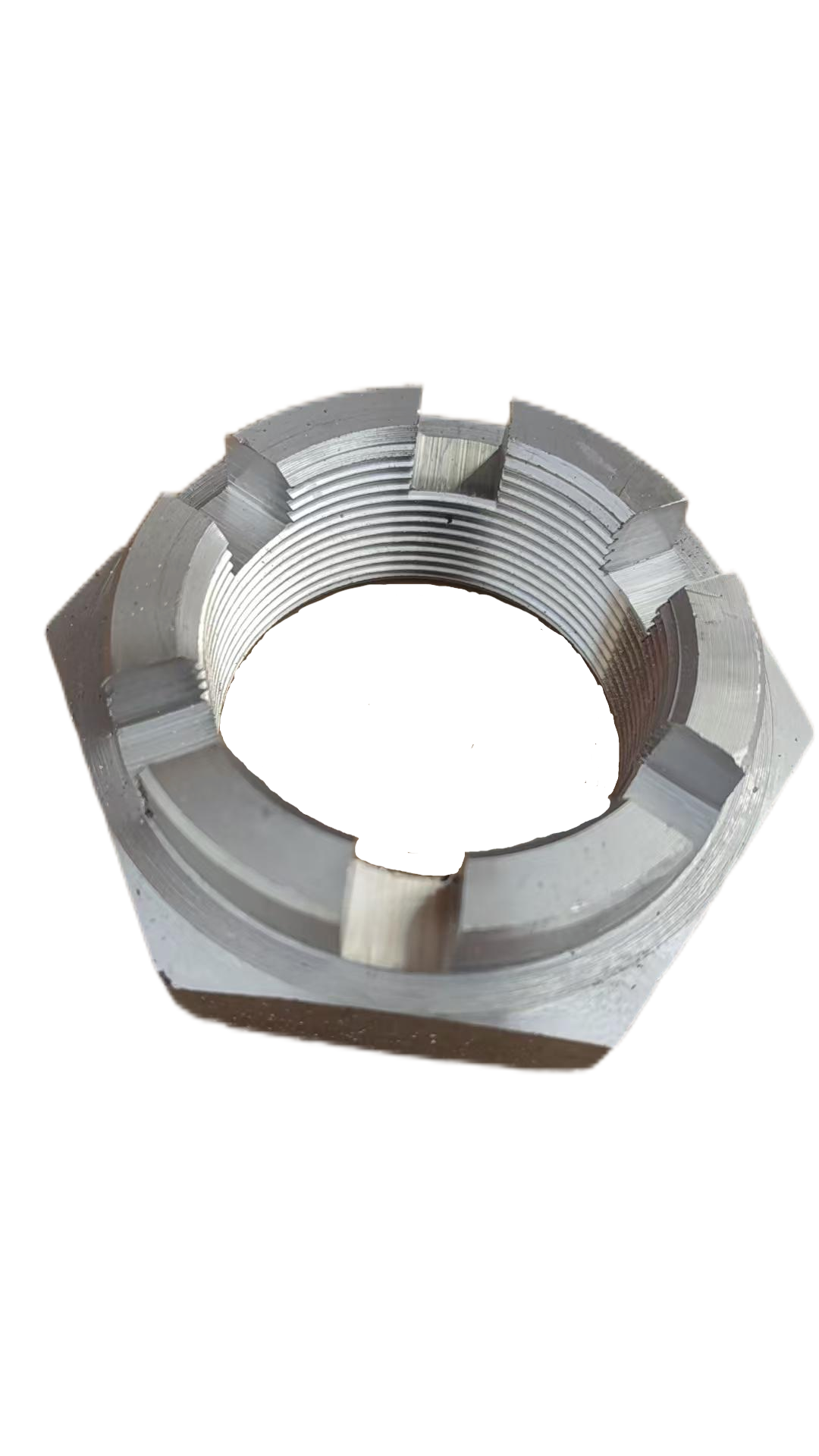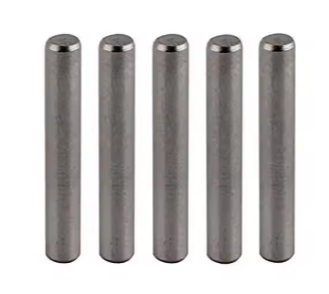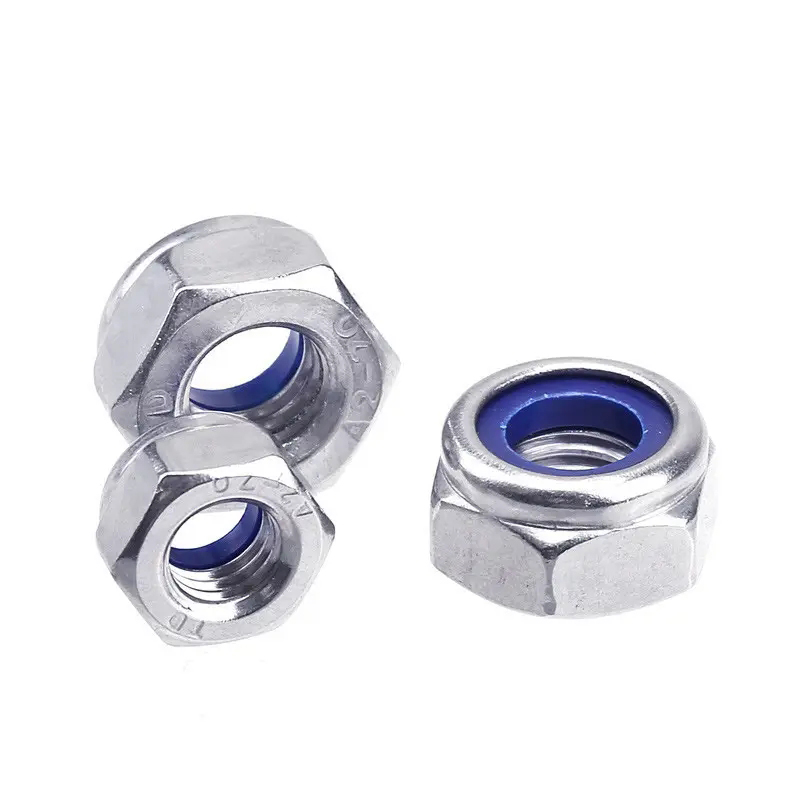

This guide provides a comprehensive overview of threaded rivet nuts, covering their types, applications, installation methods, and advantages over traditional fastening solutions. Learn how to choose the right threaded rivet nuts for your project and optimize your assembly process.
Threaded rivet nuts, also known as rivet inserts or self-clinching nuts, are a type of fastener that combines the functionality of a nut and a rivet. They are installed using a specialized tool, often a rivet gun, that expands the nut's body to create a secure grip within a pre-drilled hole. This creates a strong, permanent threaded attachment point in thin materials where welding or traditional nut-and-bolt methods may not be feasible. They offer a reliable alternative to welding, especially in applications where heat damage is a concern. Unlike traditional nuts and bolts, threaded rivet nuts are typically installed from one side of the workpiece.
Threaded rivet nuts are available in various materials, each offering unique properties. Common materials include steel (various grades, including stainless steel for corrosion resistance), aluminum (for lightweight applications), and brass (for applications requiring good electrical conductivity and corrosion resistance). The choice of material depends on the application's requirements for strength, corrosion resistance, and weight.
Different designs cater to specific application needs. Common types include:
Threaded rivet nuts are available in a wide range of thread sizes and types (e.g., metric, UNC, UNF) to match the requirements of various applications. Selecting the correct thread size is crucial for ensuring a secure and reliable connection.
Installing threaded rivet nuts generally requires a specialized rivet gun or setting tool. The specific method depends on the type of threaded rivet nut and the material being fastened. Most tools use a pull-through method where a mandrel pulls the rivet nut into place and expands the body securely. Always refer to the manufacturer’s instructions for the proper installation procedure to avoid damage to the workpiece or the threaded rivet nut itself.
Threaded rivet nuts are widely used across various industries, including automotive, aerospace, electronics, and construction. Their versatility makes them suitable for a wide range of applications such as:
Compared to traditional fastening methods, threaded rivet nuts offer several advantages:
Selecting the appropriate threaded rivet nut involves considering several factors, including:
For detailed specifications and selection guidance, consult the catalogs from reputable manufacturers like Hebei Dewell Metal Products Co., LTD. They offer a wide range of high-quality threaded rivet nuts to suit diverse applications.
Threaded rivet nuts represent a versatile and efficient fastening solution for a wide range of applications. By understanding their different types, installation methods, and advantages, you can select the right threaded rivet nuts to optimize your assembly processes and achieve robust and reliable connections.

